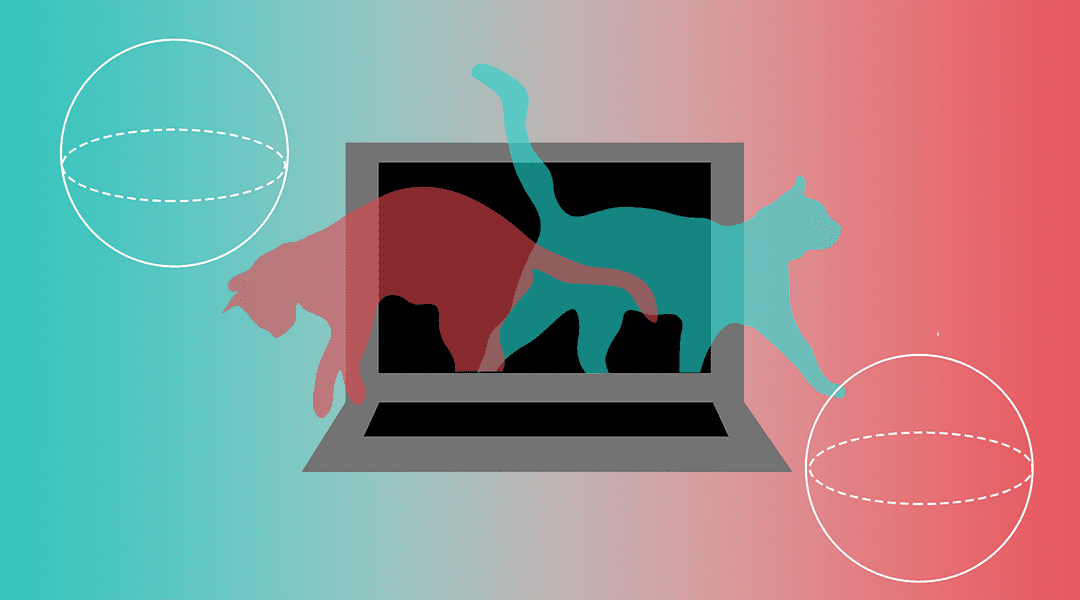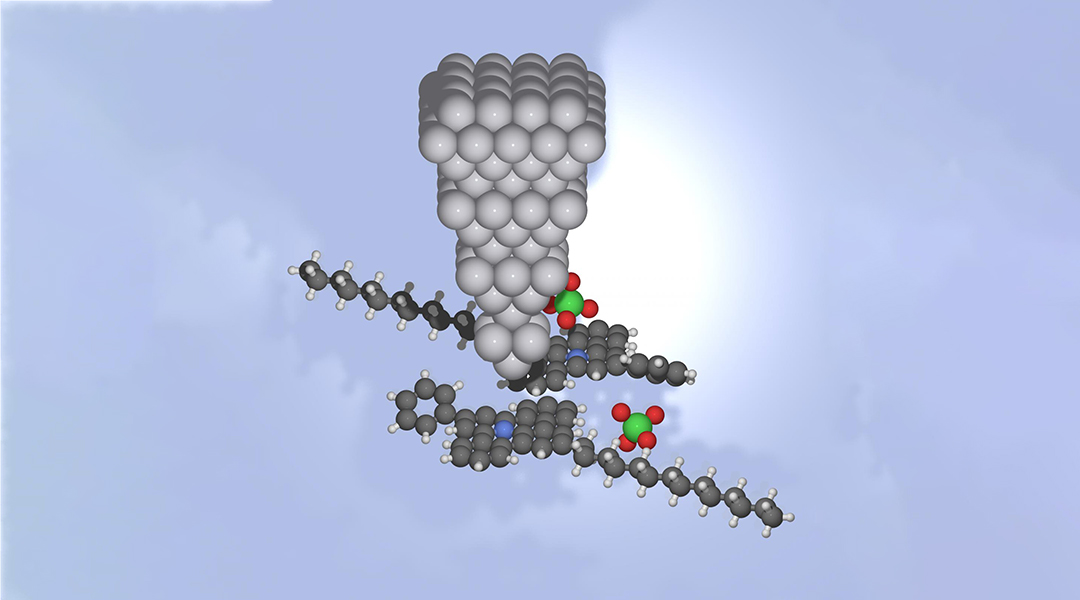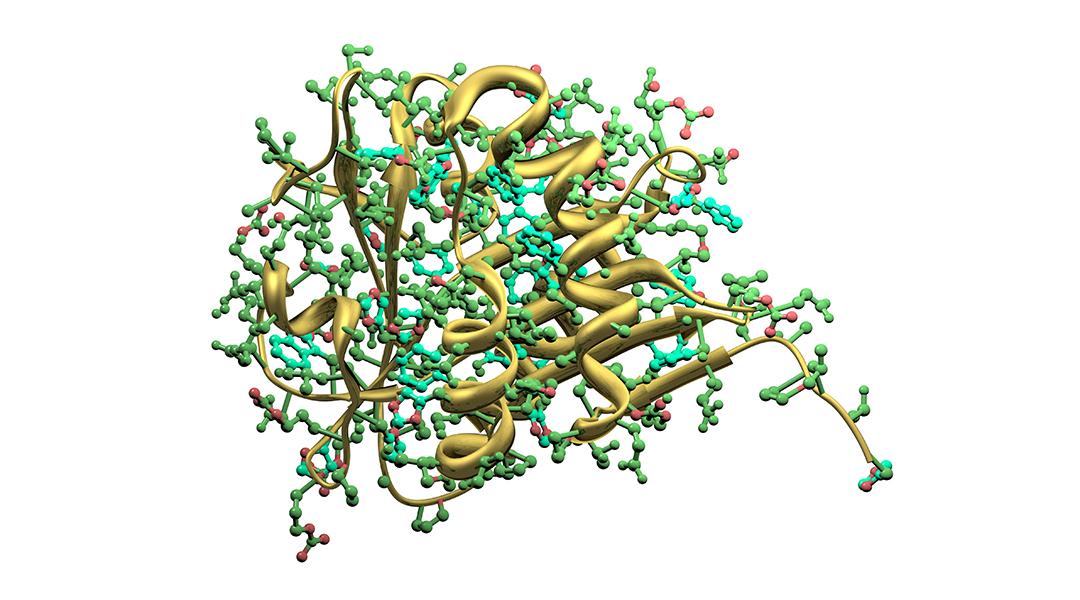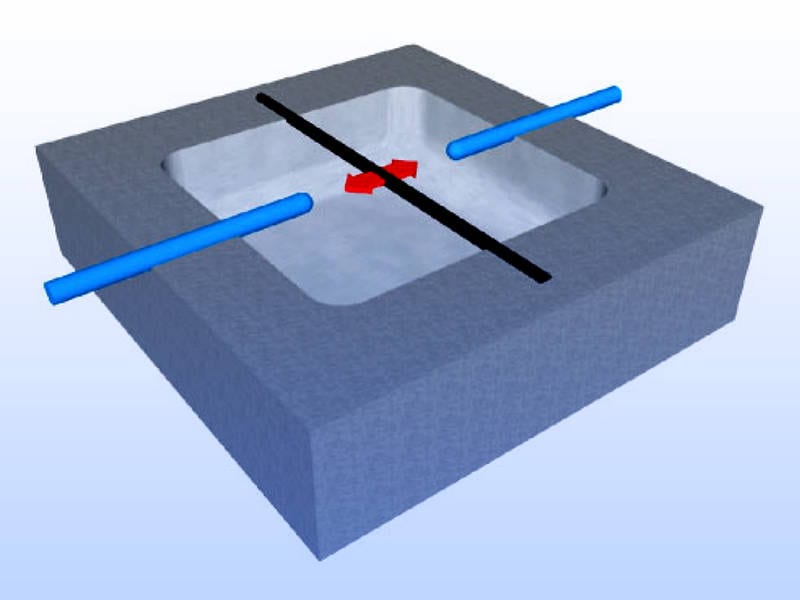An artificial synapse capable of simultaneously detecting neurotransmitters and light mimics memory and learning processes found in the brain.


An artificial synapse capable of simultaneously detecting neurotransmitters and light mimics memory and learning processes found in the brain.

A new, open-source platform allows scientists to easily measure the carbon footprint of their computations.

Computers relying on subatomic physics: what are quantum computers, and how will they revolutionize our computing abilities?

New quantum algorithms will have dramatic impact in computational molecular biology and bioinformatics and promise to impact a number of life science applications.

Researchers have discovered a single-molecule “switch” that can act like a transistor and offers the potential to store binary information.

Artificial enzymes promise to not only help us understand the complex functioning of enzymes, but will create a new generation of biosystems for sustainable chemistry practices.

A new study shows fundamental limitations to the computer-based simulation of chaotic systems with implications in climate change modeling, weather forecasts, and machine learning.

Joris van Slageren´s research group discovers molecular quantum bit with exceptionally long coherence time over an unusually wide temperature range.

Munich-based team show how nanotubes can store information in the form of vibrations.

Graphene and carbon nanotubes could improve the electronics used in computers and mobile phones, reveals new research from the University of Gothenburg, Sweden.